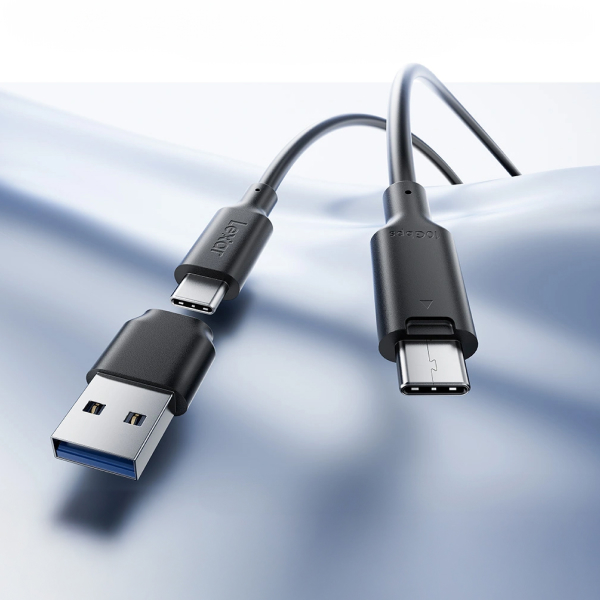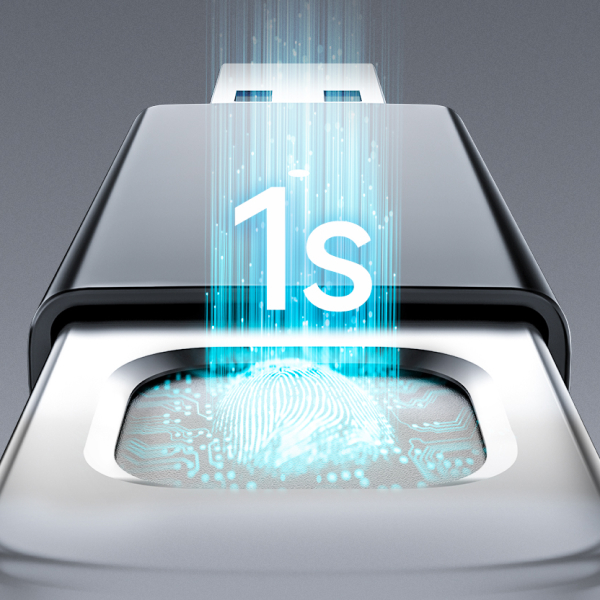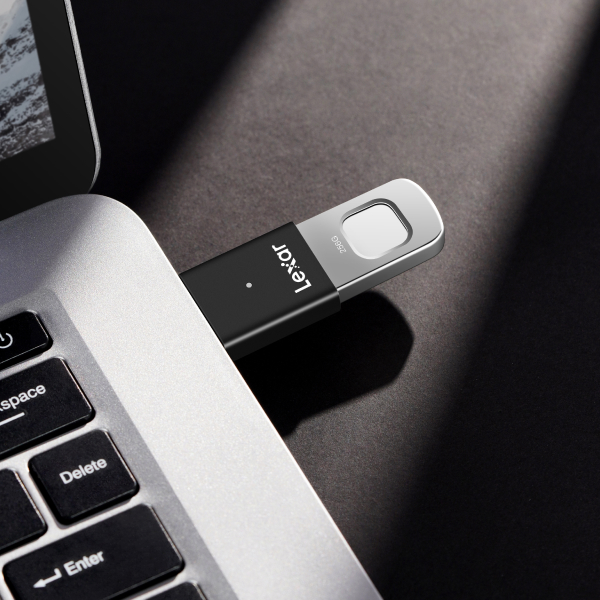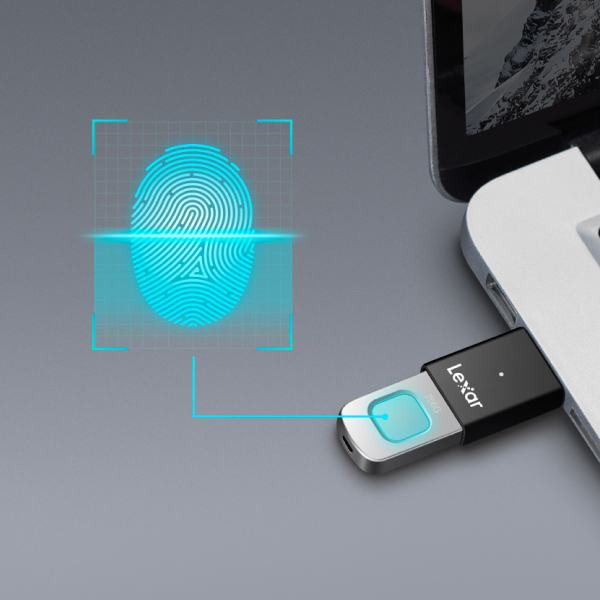
Implementing effective data backup best practices is crucial to ensure that your work remains secure, accessible, and protected from threats like hardware failure, accidental deletion, or cyberattacks. From business records to personal projects, the loss of data can result in significant financial, operational, and emotional costs.
Fortunately, there are simple solutions to help you protect your valuable data. Let’s explore the key strategies and tools to help you safeguard your data.


Why Data Backups Are Essential
Data backups serve as your safety net, ensuring you can recover important files when the unexpected happens. Whether it’s a system crash, ransomware attack, or accidental deletion, having a robust backup plan minimizes downtime and prevents irreversible losses.
Common Risks of Data Loss
- Hardware Failures: Devices and storage drives can fail unexpectedly, resulting in the loss of critical files.
- Human Error: Mistakes like accidental deletions or overwriting files are common causes of data loss.
- Cybersecurity Threats: Ransomware and malware attacks can encrypt or destroy your data.
- Natural Disasters: Fires, floods, or other disasters can destroy physical storage devices.


Data Backup Best Practices
Backing up your data isn’t just about copying files—it’s about creating a comprehensive strategy to ensure data security, accessibility, and reliability. Here are the best practices for effective data backup:
1. Follow the 3-2-1 Backup Rule
The 3-2-1 backup rule is a gold standard in data protection:
- 3 Copies: Maintain three copies of your data—your original data and two backups.
- 2 Formats: Store backups on two different types of media (e.g., an external hard drive and cloud storage).
- 1 Offsite Copy: Keep at least one backup offsite to protect against local disasters.
This approach ensures redundancy and protects against data loss from a single point of failure.
2. Automate Backups
Manual backups can be time-consuming and prone to errors. Automating your backups ensures consistency and eliminates the risk of forgetting to back up important files. Tools like Lexar DataVault software provide automated backup options with encryption for added security.
3. Use Incremental Backups
Incremental backups only save changes made since the last backup, reducing storage requirements and speeding up the process. This method is ideal for businesses or individuals managing large amounts of data.
4. Verify Your Backups
Regularly test your backups to ensure they’re complete and functional. A backup is only useful if it can be restored successfully when needed. Schedule periodic checks to verify the integrity of your backup files.
5. Encrypt Your Backups
Sensitive data should always be encrypted before being stored. Tools like Lexar Secure Storage Solutions offer hardware-based encryption to protect against unauthorized access.


Types of Data Backup Solutions
Choosing the right backup solution depends on your specific needs, budget, and the type of data you’re protecting. Here’s an overview of the most common backup options:
1. Portable Solid-State Drives (SSDs)
Portable SSDs are a cost-effective solution for local backups. They’re easy to use and offer large storage capacities, making them ideal for personal projects or small businesses.
2. Cloud Storage
Cloud-based backups provide remote access, scalability, and offsite protection. Platforms like Google Drive, OneDrive, and Lexar DataShield allow users to securely back up and retrieve files from anywhere.
3. Network Attached Storage (NAS)
NAS devices are ideal for businesses requiring centralized storage. They allow multiple users to access and back up data on a shared network, providing flexibility and convenience.
4. Hybrid Solutions
Hybrid backup solutions combine local and cloud backups, offering the best of both worlds. This approach ensures quick access to local data and remote protection for disaster recovery.
Securing Your Data Backups
While backups protect your data, it’s equally important to secure those backups from unauthorized access or theft. Here’s how to enhance the security of your backups:
1. Implement Strong Passwords
Protect backup accounts and devices with strong, unique passwords. Avoid using default credentials, which can be easily exploited.
2. Enable Multi-Factor Authentication (MFA)
Adding MFA to your backup systems provides an additional layer of security. Even if a password is compromised, MFA ensures only authorized users can access your backups.
3. Store Backups in Secure Locations
Physical backups, like external hard drives, should be stored in secure, climate-controlled environments. For businesses, consider investing in fireproof safes or offsite storage.
4. Regularly Update Backup Software
Outdated backup software may have vulnerabilities that cybercriminals can exploit. Keep your tools updated to benefit from the latest security patches and features.


Common Mistakes to Avoid in Data Backup
Even with the best intentions, some backup strategies fall short due to common mistakes. Avoid these pitfalls to ensure your backups are effective:
- Relying on a Single Backup Method: Always diversify your backup strategy to reduce the risk of data loss.
- Neglecting Backup Schedules: Infrequent backups leave your data vulnerable to loss between sessions. Automate backups to ensure regular updates.
- Ignoring Security Measures: Unencrypted backups can expose sensitive information to theft or misuse.
- Failing to Test Backups: An untested backup might not work when needed. Always verify that your backups can be restored.
The Role of Lexar Products in Data Backup
Lexar offers a range of innovative solutions designed to simplify and enhance your backup process. By integrating Lexar products into your strategy, you gain reliable, secure, and user-friendly tools for data protection.
- Lexar DataVault Software: Provides automated backups with AES-256 encryption, ensuring your files are secure and accessible.
- Lexar Secure Drives: Options like the Lexar JumpDrive Fingerprint F35 offer biometric authentication for enhanced security.
- High-Performance SSDs: Lexar Portable SSDs deliver fast, reliable storage for both local and mobile backups.
Use Cases for Data Backup Best Practices
Data backup best practices benefit both individuals and businesses across industries. Here are practical scenarios where these strategies make a difference:
- Small Businesses: A bakery uses automated cloud backups to protect daily transaction records, ensuring business continuity in case of hardware failure.
- Freelancers: A graphic designer stores project files on an encrypted Lexar SSD, providing secure access during client meetings.
- Enterprises: A healthcare provider follows the 3-2-1 backup rule to maintain HIPAA compliance, safeguarding patient records.
Protect Your Work with Data Backup Best Practices
Implementing data backup best practices is essential to protect your valuable work from unforeseen threats. By following strategies like the 3-2-1 rule, automating backups, and leveraging tools like Lexar’s data storage solutions, you can ensure your files are secure and accessible when you need them.
Ready to elevate your data protection strategy? Explore Lexar’s product lineup to find the perfect tools for your backup needs.




